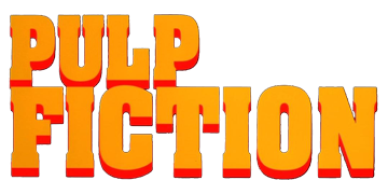
As writers, we make constant promises to our readers. When we describe a gun on the mantlepiece, we promise someone will fire it. When we describe a sputtering engine, we promise the car will break down. When we describe an annoying alien named Jar Jar Binks, we promise he will have some future significance on the plot. Maybe not that last one.
The film Nocturnal Animals is an interesting study in keeping promises. Starring Amy Adams, Jake Gyllenhaal, and Michael Shannon, Animals is a thriller about an L.A. artist whose ex-husband sends her a disturbing manuscript. The film follows two parallel stories: the story of the manuscript, an the story of Amy Adams moping around.
This film has excellent performances, solid direction, good writing. But after my fiancee, our friends, and I watched it the other night, we all agreed that there was still something missing. This film did not keep the promises it had made.
For example, Jake Gyllenhaal has two roles in the film: He plays Edward Sheffield, Amy Adams’s ex-husband, and Tony Hastings, a father and husband within the novel. One actor playing two roles felt like a promise that something more was going on. Was the novel based on Edward Sheffield’s real life experiences? Did Amy Adams have something to do with the events of the novel? Everyone watching the film expected the main story and the plot of the novel to connect in a concrete way.
But they didn’t. When the credits rolled, we looked at each other and said, “Huh?”
Or the scene where Gyllenhaal drives with his wife and daughter. They get into an incident with another motorist, a real nasty dude by the name of Ray (played by Aaron-Taylor Johnson). After being forced off the road, Gyllenhaal’s daughter India (played by Ellie Bamber) marks Ray’s license plate on her phone.
Seems like this would’ve been helpful information during the subsequent investigation. Yet this moment is never referenced again. So far as we know, the cops never checked India’s phone.
Everything we set up in the first twenty minutes of a film or the first third of a book, all of it is a promise. We promise our audience that we’ll knock over the dominos we’ve arranged. If we don’t, the audience feels unsatisfied. And we don’t want that.
I’d encourage you to watch Nocturnal Animals. Despite its flaws, the film demands your attention, beginning to end. Also, I think it teaches an important lesson to writers: keep your promises!











